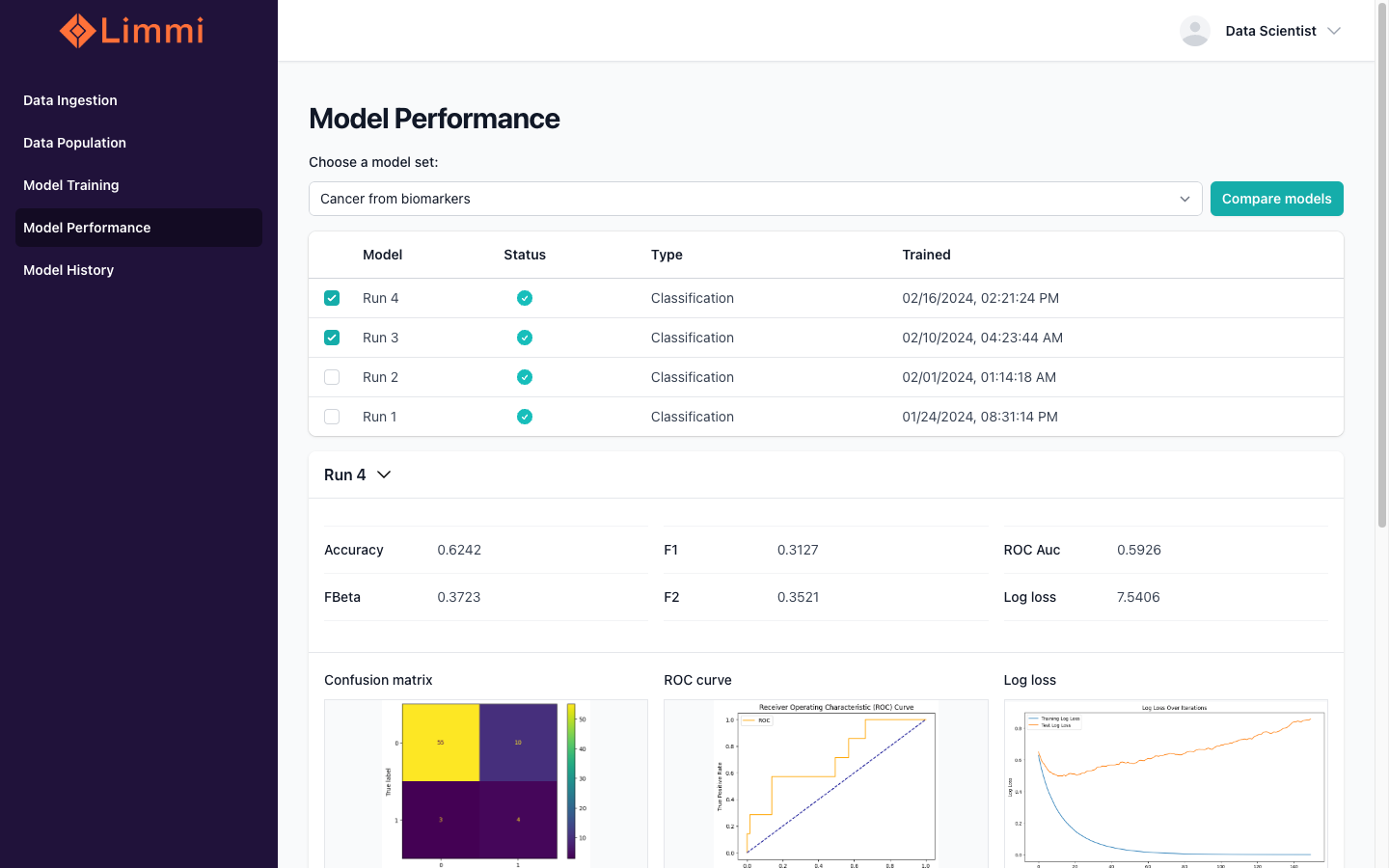In the ever-evolving landscape of genomics, groundbreaking achievements such as the completion of the Human Genome Project and CRISPR techniques have opened up a world of possibilities for researchers. However, with such an expansive reservoir of information, the question arises: How can one effectively tap into this complex set of information? As the field progresses, artificial intelligence (AI) is emerging as the key to unlocking the true power of genomics. In this blog post, we dive into the impact of AI on the study of genomics, shedding light on its multi-faceted transformative capabilities.
AI Applications and Benefits Genomics
The integration of artificial intelligence (AI) into genomics has revolutionized the field by leveraging the power of machine learning on genetic databases. By analyzing vast amounts of nucleotide sequences, AI applications have the remarkable ability to detect patterns associated with specific proteins, genotypes, chromosomes, or diseases. This capability enables researchers to achieve a multitude of goals, whether it be analyzing gene expression, sequencing and assembling genomes, or identifying genetic variations.
In the realm of gene expression analysis, AI plays a pivotal role in uncovering intricate patterns of outcomes for specific tissue or cell types that may be challenging to discern by humans. With its advanced algorithms, AI can effectively navigate through complex datasets, highlighting crucial insights that would otherwise go unnoticed. This invaluable assistance enhances the accuracy and comprehensiveness of gene expression analysis, ultimately propelling research forward.
Moreover, when it comes to genome sequencing and assembly, AI serves as a valuable ally in the quest for precision. By scrutinizing genetic material, AI algorithms can detect errors that may arise during the reading process, thus minimizing inaccuracies that could potentially disrupt an entire research project. This meticulous scrutiny ensures a higher level of confidence in the assembled genomes, saving researchers precious time and resources.
Perhaps one of the most compelling advantages of AI in genomics lies in its ability to handle large-scale datasets effortlessly. Researchers are no longer constrained by the limitations of manual analysis when identifying genetic variations associated with specific conditions or diseases. AI’s computational power allows for an extensive exploration of vast datasets, facilitating the discovery of significant genetic variations and potential links to various disorders. This comprehensive approach opens up new avenues of research, fostering a deeper understanding of the genetic basis of diseases and driving advancements in personalized medicine.
Case Study
AI-driven genomics has proven to be immensely fruitful in generating valuable research insights. A prominent instance of its success lies in leveraging deep learning models to uncover significant breakthroughs in the field of vaccine development for the SARS-COV-2 virus. By employing a convolutional neural network classifier, which combines the power of convolutional techniques with a fundamental neural network classifier, researchers were able to train a model using 553 sequences from the National Genomics Data Center repository. Subsequently, they extended the capabilities of this model to analyze the SARS-COV-2 virus, leading to the identification of distinctive and exclusive sequences unique to this particular virus. This pioneering approach demonstrates the potential of AI-driven genomics to unlock new and essential insights for combating infectious diseases.
Conclusion
AI is transforming genomics by enabling researchers to analyze vast amounts of data more quickly and accurately than ever before. With the Limmi platform, we can assist you in building AI models to suit your research needs. Are you ready to get more out of your genomics data? Contact us now.
References
Lopez-Rincon, A., Tonda, A., Mendoza-Maldonado, L., Mulders, D. G. J. C., Molenkamp, R., Perez-Romero, C. A., Claassen, E., Garssen, J.,& Kraneveld, A. D. (2021, January 13). Classification and specific primer design for accurate detection of SARS-COV-2 using Deep Learning. Nature News. https://www.nature.com/articles/s41598-020-80363-5
